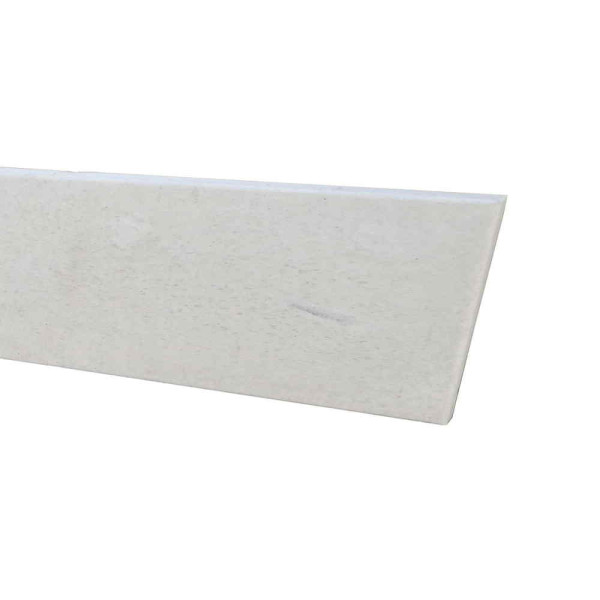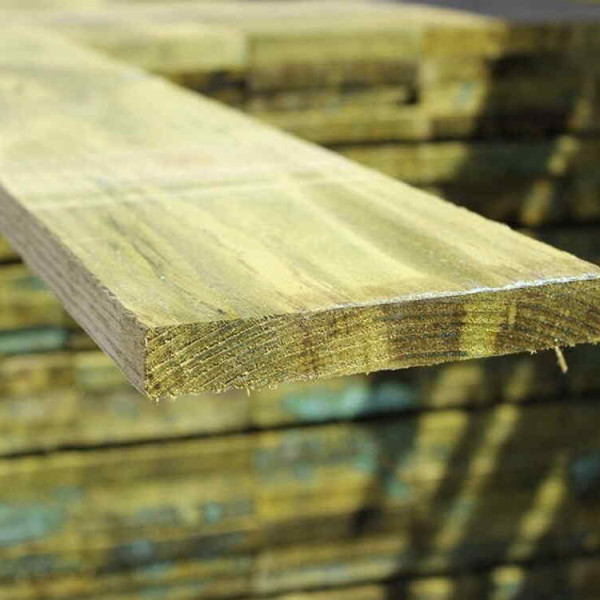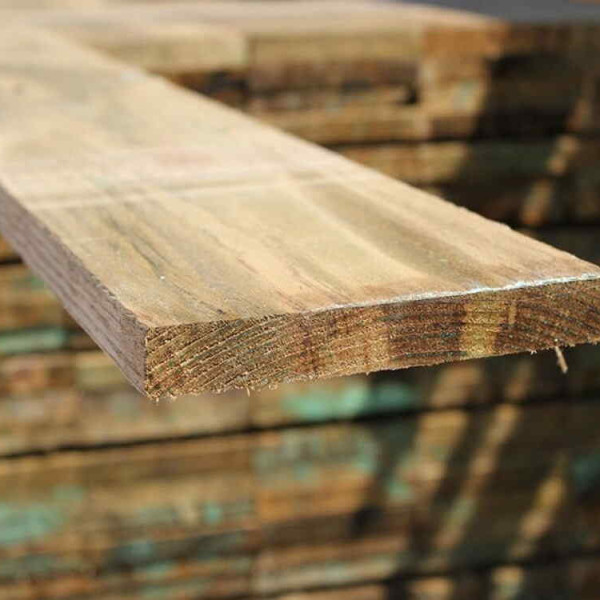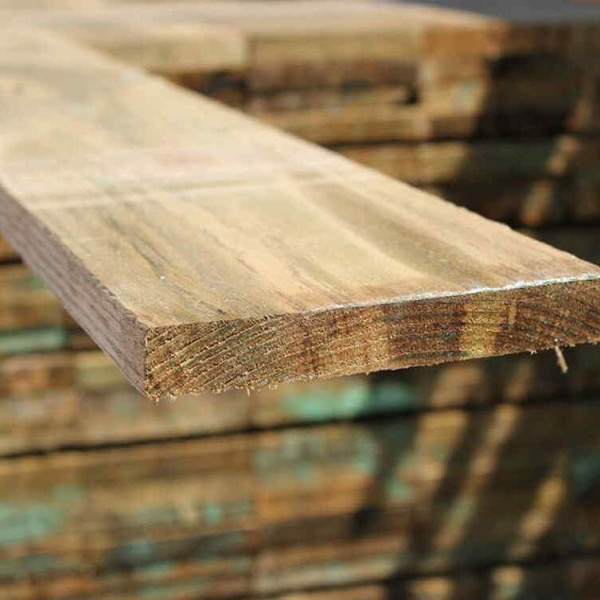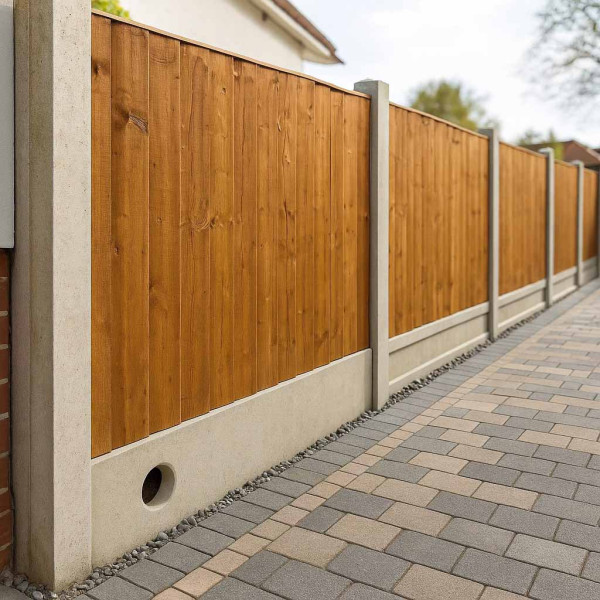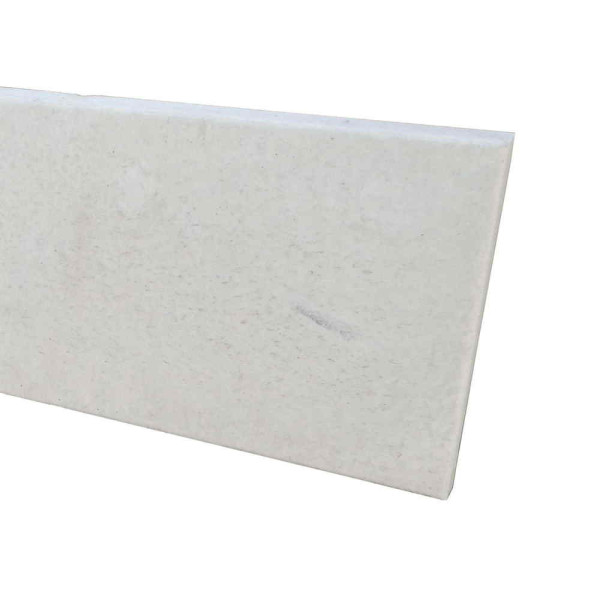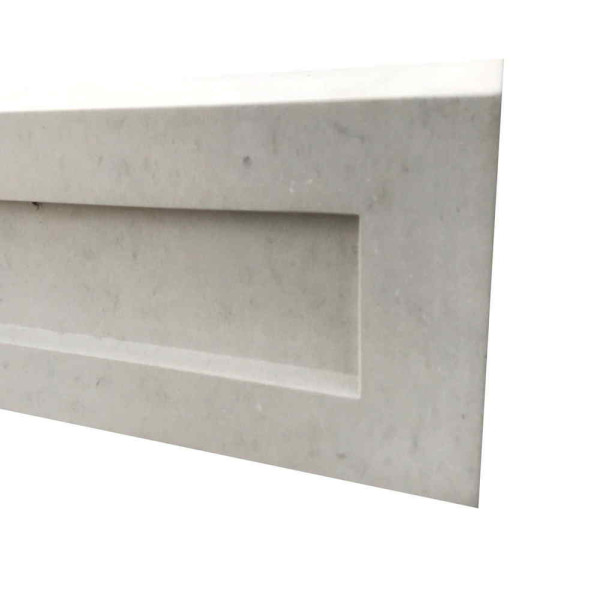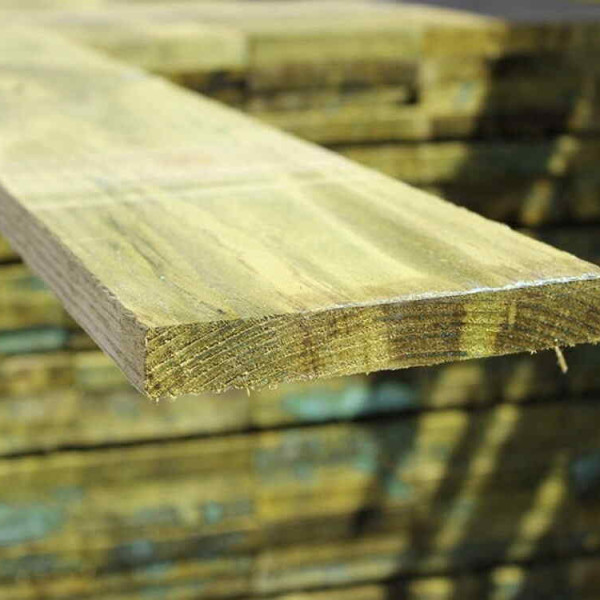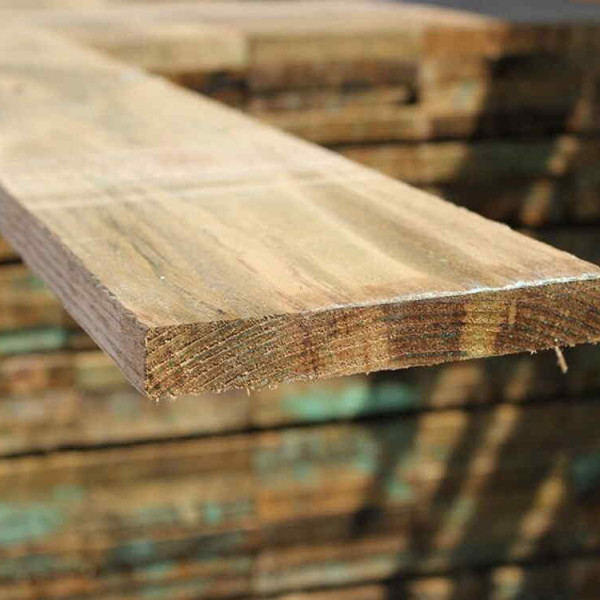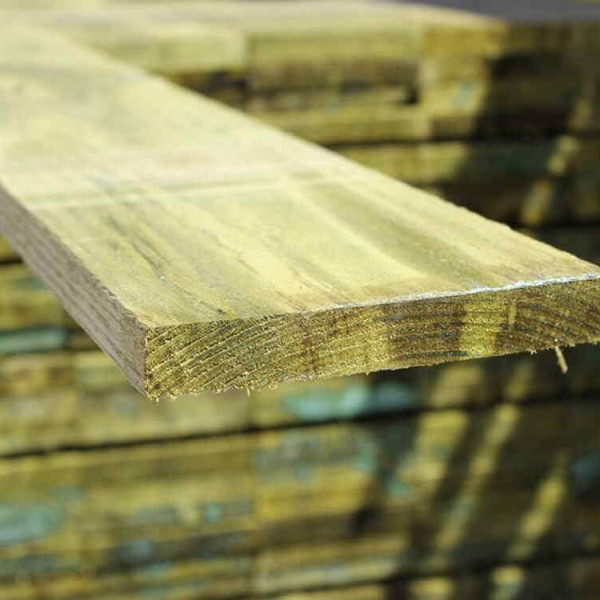Buy Gravel Boards for Longer‑Lasting, Straighter Fencing
Gravel boards are the quiet workhorses of a great fence. By lifting cladding clear of damp soil and splashback, they protect the vulnerable base of your panels, establish a crisp datum for neat alignment, and shrug off day‑to‑day knocks from mowers and foot traffic. At East Coast Fencing you can choose hard‑wearing concrete gravel boards for maximum durability or warm, cohesive wooden gravel boards to keep a continuous timber look. Pair them with compatible posts, tidy capping and the fence panel style that suits your plot, then order with confidence—free delivery applies on orders £99+.
Why Gravel Boards Matter at the Base of the Run
Ground level is where most fences fail. Moisture, mulch and grit collect here; even the best‑treated cladding ages faster if it sits directly on soil. A gravel board acts as a protective barrier—sacrificial if it ever needs replacing—so your fence panels stay cleaner, drier and quieter in wind. The board sets a consistent base line across changing ground levels, making installation faster and the skyline calmer, and it creates a neat “plinth” that instantly smartens the boundary from both the house and the street.
Which Material Suits Your Project—Concrete or Timber?
Concrete gravel boards excel where wear is constant: side passages, bin stores, lawn edges and driveways. The precast mass resists scuffs and frost, won’t rot, and adds reassuring stability along the bottom of tall privacy bays. They’re the go‑to choice when you’re building into slotted concrete fence posts for low‑maintenance, dead‑straight lines and simple future panel swaps. Wooden gravel boards (pressure‑treated) are ideal when you want a fully timber composition. They protect cladding from splashback and strimmer rash while keeping the grain and colour consistent from plinth to capping—perfect for cottage schemes, planted borders and contemporary timber‑led designs. If you mix materials, use concrete boards in high‑traffic stretches and timber boards where you want warmth up close to the house or terrace.
Heights, Lengths and Planning Your Datum Line
Most runs are set out around \~1.83 m bay centres. Typical board heights (roughly 150–300 mm) cover the majority of scenarios: lower boards deliver discreet protection beside patios and paths; taller boards tame uneven ground, tighten pet gaps and give a stronger visual base under full‑height privacy panels. On sloping plots, step boards neatly and choose longer posts at step points to maintain embedment depth. A consistent base datum does more visual work than you’d expect—get this right and the whole fence reads designed rather than improvised.
Using Gravel Boards with Slotted Concrete Posts
With slotted posts, installation is quick and repeatable. Set posts plumb to a taut string line, seat the board in the lower slot, then slide your panel above and pack level with compatible shims. Check slot heights against your combined board/panel stack before the mix sets, and keep bay widths consistent for a calm skyline. This method shines on long boundaries where occasional future swaps are likely—concrete boards and panels lift out without dismantling rails.
Using Gravel Boards with Timber Posts
Prefer a fully timber frame? Fix boards between wooden fence posts using exterior‑grade brackets or rails, keeping the top of the board perfectly level to establish your base datum. Pre‑drill near edges on dry stock to avoid splitting, align fixings in tidy rows and land joints over posts for strength. Where boards meet paving or brick, leave a narrow expansion gap for drainage and to prevent capillary draw into the timber.
Match the Board to the Fence Panel Style
Gravel boards integrate cleanly with every panel language. Solid closeboard and lap styles appreciate the extra lift against damp soil; slatted and hit‑and‑miss designs benefit from a solid base that grounds the lightness above; decorative panels look finished and intentional when they sit on a neat plinth. If you’re still choosing cladding, browse our full fence panels collection and plan the base and top details together—it’s the fastest route to a boundary that looks composed end to end.
Design Detailing: Colour, Finish and the “Plinth” Effect
Concrete reads architectural under dark‑stained or natural timber, especially along straight frontages and modern patios; timber boards blend softly into planted borders and cottage paths. Pressure‑treated green mellows to silver; brown grounds tall fences beside brick and decking; deep charcoal/soft black frames contemporary gardens and makes foliage pop. Whatever you choose, repeat the finish across posts, caps and any gate so the boundary reads as one coherent piece.
Install Once, Enjoy for Years—Best‑Practice Pointers
Start by setting end and corner posts dead plumb, then pull a string at the board height to keep your base datum honest. On soft ground, tamp a granular base beneath post holes so footings drain and posts don’t slump. When you add the boards, keep them level and flush before you fix panels above—accuracy here pays dividends all the way to the skyline. Avoid improvised wedges that trap water and buzz in wind; use purpose‑made packers where a little adjustment is required. Finish the footing with a slight fall away from timber so rain sheds rather than pooling around the post base.
Pets, Paths and Day‑to‑Day Practicality
A taller board closes ground gaps for small dogs and deters opportunist wildlife. Along mowing edges and high‑footfall routes, the board takes the scuffs so your panels don’t have to. Where gravel or soil meets lawn, the board doubles as a clean separator that keeps mulch in beds and grass clippings out of borders. At gateways, a matching threshold detail protects the busiest point of the run and ties the entrance back into the base line visually.
Working with Slopes, Corners and Returns
On sloping ground, decide early whether you’ll step the line or rake it—both can look excellent if applied consistently. With steps, land each change at a post and keep step heights regular across the run; with rakes, maintain a consistent reveal so the pattern reads deliberate. At corners, carry the board datum through the turn and confirm both faces align flush so there’s no awkward lip. For long returns, repeat your sequence (board, panel, capping) so the boundary feels continuous as it changes direction.
Top It Off—Capping That Completes the Picture
A simple capping rail ties the skyline, sheds water away from vulnerable board ends and hides tiny height variations between bays. It also creates a clean junction for any trellis toppers you add for friendly privacy near seating. If you’re mulling the finishing touches, you’ll find complementary profiles in our panel capping range.
Care and Maintenance—Simple Habits, Long Service
Maintenance is straightforward. Brush away leaf build‑up at the base each autumn, keep soil and mulch below the top edge of the board, and avoid aggressive jet‑washing close to joints. If you adjust a timber board on site, seal any fresh end grain before refixing; concrete boards appreciate a quick check that panels are still seated evenly and packers sound after winter. These light‑touch habits help the whole fence stay quiet in wind and smart to look at.
Integrating Gravel Boards into a Complete System
Think of the board as part of a bigger picture that includes posts, panels and the final top line. For maintenance‑light straightness and rapid assembly, combine concrete boards with slotted concrete posts; for a warm all‑timber composition you can tune on site, pair timber boards with wooden posts. Above, select the panel style that suits your privacy and airflow goals, then crown the run with coordinated capping so everything reads designed from base to skyline.
Quick Buyer’s Checklist for Smoother Installs
- Pick material by context: concrete boards for high‑wear corridors; timber boards for a continuous wooden look.
- Decide step vs rake on slopes before you dig, and keep the base datum consistent.
- Confirm combined board/panel stack against post slot heights (for slotted systems) before the mix sets.
- Use exterior‑grade fixings and purpose‑made packers—not improvised wedges—for quiet, durable results.
Order Gravel Boards Today
Protect panels from damp soil, keep lines straight across changing levels and harden the fence where life happens. Choose your material and height, match with compatible posts and a tidy capping, and add the fence panels that complete the look. With East Coast Fencing, it’s easy to specify a boundary that looks better on day one and stays that way—supported by free delivery on orders £99+.
We also supply gravel boards in wholesale quantities
through our dedicated stockist portal, GardenFencingSupplies.co.uk, making it easy for merchants and stockists to browse, order, and manage their fencing requirements online.



